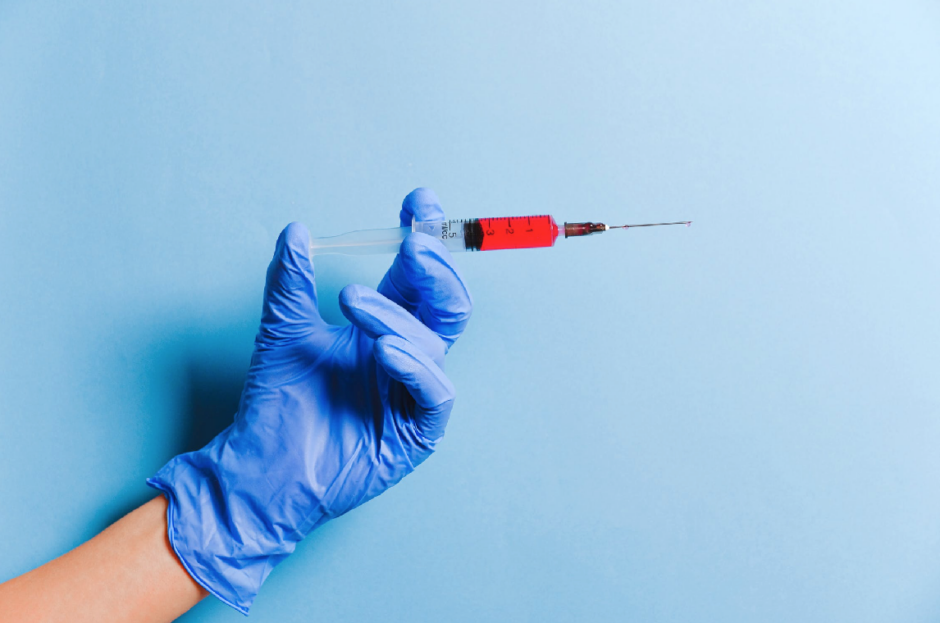REPROGRAMMING the body to fight against the bacteria causing urinary tract infections (UTI) could result from a new vaccine strategy currently being tested at the Duke University Medical Center, Durham, North Carolina, USA. UTI are most frequently caused by Escherichia coli, and symptoms often include frequent and painful urination with lower UTI and fever and flank pain with upper UTI. Currently, there are no effective vaccines for UTI available, with several having been investigated in a clinical trial setting and having limited success. This new UTI vaccine strategy is reported to both eradicate the residual bladder bacteria and prevent against future infections.
The team tested their strategy in a mouse model and it proved effective at reprogramming an inadequate immune response; when the mouse bladder was infected with E. coli, the immune system would both send repair cells that healed the injured tissue and a limited number of warrior cells to fight off the infection, the result being that the bacteria never completely cleared, always present to start a new infection.
Dr Jianxuan Wu, leading author and postdoctoral researcher, Department of Immunology, Duke University Medical Center, commented: “The new vaccine strategy attempts to ‘teach’ the bladder to more effectively fight off the attacking bacteria. By administering the vaccine directly into the bladder, where the residual bacteria harbour, the highly effective vaccine antigen, in combination with an adjuvant known to boost the recruitment of bacterial clearing cells, performed better than traditional intramuscular vaccination.”
The immune system of mice that were bladder-immunised effectively cleared the infecting E. coli as well as the residual bladder bacteria, and, with regard to the comment made by Wu, suggests that the location of vaccine administration may be an important factor in determining vaccine effectiveness.
With a high recurrence rate and given that 50% of women will experience a UTI at least once in their lifetime, an effective vaccine would be valuable for treating the painful and persistent infection. With the individual components of this particular vaccine having previously been shown to be safe in humans, what is needed now is further clinical study to validate these results and potentially offer relief from UTI.








